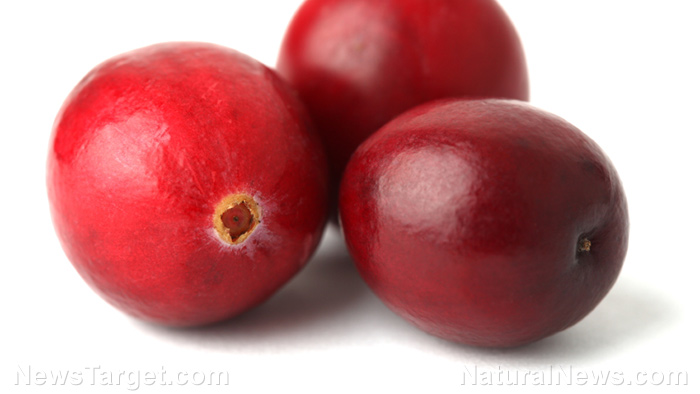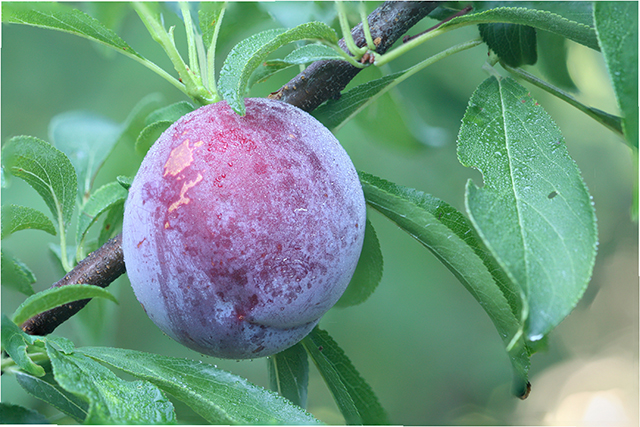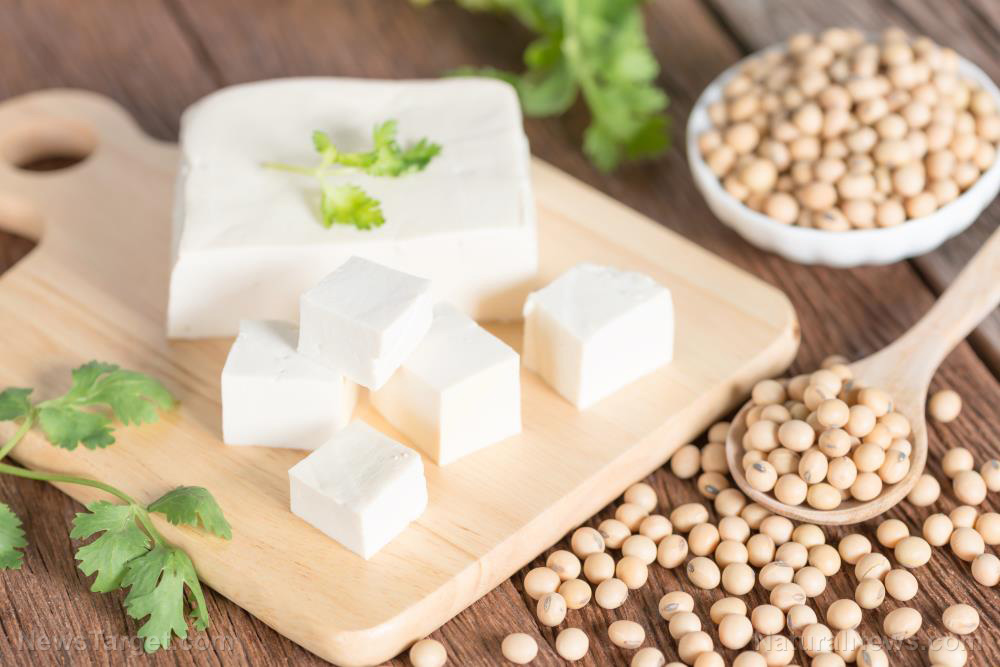Vitamins to boost your immune system when you’re stressed
06/15/2019 / By Stephanie Diaz

Stress, in small doses, can improve focus and help people become energetic and alert. Too much of it, however, can hinder productivity and performance.
While stress is a natural reaction to short-lived situations that require adjustment or response, it can become dangerous when it interferes with daily life. In fact, chronic stress affects both physical and mental health and is linked to high blood pressure (hypertension), asthma, ulcer, irritable bowel syndrome, headaches, and back pain. (Related: Calm your anxiety and stress with these 10 natural herbs.)
Chronic stress also makes people prone to disease and illnesses. During stressful situations, the brain signals the endocrine system to release stress hormones, such as cortisol. While these hormones help a person deal with an emergency, it can also dampen the immune system and prevent white blood cells from fighting infection.
To manage stress, some people choose to smoke or drink excessively, but these habits may do more harm than good. Fortunately, getting a full night’s sleep, exercise, meditation, and a diet full of vitamins can be effective in alleviating the symptoms of stress.
Vitamins to boost your immunity
Vitamins are a readily available way for a person to boost his immune system. These are found in many food sources, which means that it’s easy for a person to meet his required daily intake.
Vitamin C
Vitamin C, or ascorbic acid, is an essential micronutrient that promotes growth and repair of muscle and tissue. It is a powerful antioxidant that fights harmful molecules called free radicals. Taking vitamin C can decrease the duration and severity of a cold or flu. In a study published in the journal Cochrane Database of Systematic Review, researchers found that an effective dose of 1 to 2 grams is needed to decrease the duration the common cold by 18 percent in children.
You can find vitamin C in many foods. These include citrus fruits like oranges, lemons, and grapefruit, as well as in tomatoes and bananas. It can also be found in dark green vegetables like broccoli and Brussels sprout.
Vitamin D
Vitamin D is known as the “sunshine” vitamin because the body produces it after being exposed to sunlight. Vitamin D plays an essential role in bone health. It facilitates the absorption of calcium — a necessary mineral for bone formation. It also plays a significant role in fighting diseases. In a study published in the American Journal of Clinical Nutrition, researchers found that children supplemented with vitamin D are less likely to get sick from influenza.
For a person to get the necessary amount of vitamin D, he has to spend 25 minutes in sunlight. Seasonal changes, however, will make this difficult. Winter is not conducive to vitamin D production. Fortunately, vitamin D can be found in fatty fish such as salmon, tuna, and herring.
Vitamin E
Vitamin E exists in eight different forms in nature, with alpha-tocopherol being the most active in humans. Just like vitamin C, it is also a powerful antioxidant and is involved in immune function. A study from the Journal of Experimental Medicine showed that vitamin E helps with the production of enzymes that are needed to generate antibodies.
Vitamin E is a fat-soluble vitamin that is stored in fatty tissues and the liver until it is needed. Like all vitamins, vitamin E naturally occurs in food. Natural sources include nuts and seeds.
As with everything else, balance is key to a healthy diet. Finding a way to work these vitamins into your food is instrumental in achieving a well-rounded diet that helps boost the immune system.
Learn more about stress management at Health.news.
Sources include:
Tagged Under: anti-diabetes, antioxidant, anxiety relief, beatdepression, brain health, cardiovascular health, cognitive health, heart health, Herbs, immune system, minerals, natural medicine, natural remedies, nutrients, pain relief, prevention, stress, stress management, stress relief, vitamins
RECENT NEWS & ARTICLES
COPYRIGHT © 2017 REMEDIES NEWS



















